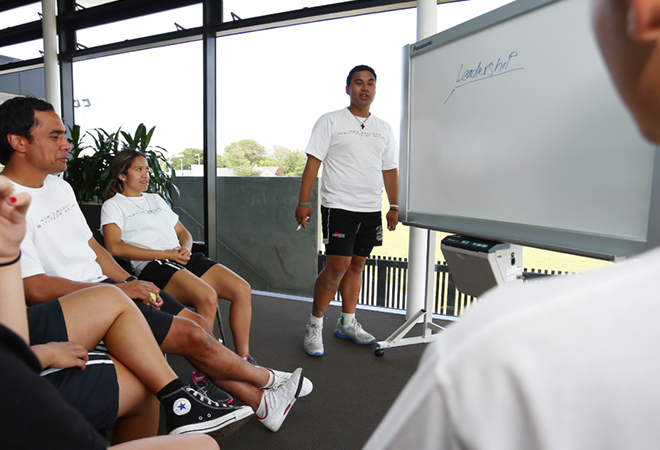
Structured Professional Development and Private Training Establishment (PTE) Staff – Literature Review
Status
Completed: 6 July 2009
Project Details
A project completed in 2009, commissioned by the New Zealand College of Massage, to identify the professional development strategies that are most effective in enhancing student performance outcomes within the Private Training Establishment (PTE) sector in New Zealand.
Aims:
The main aims of the project were to:
- review the current literature that measures the impact of current professional development interventions
- review the impact of current professional development interventions on student performance.
Methodology:
The project methodology involved an extensive review of the literature documenting investigations into the secondary and tertiary sectors in both New Zealand and internationally.
Team
Dr Bruce H Knox
Project Leader
Knox Educational Consulting ServiceStatus
Funding
$5,000.00 (excl GST)
Key Findings
The key findings from the project included:
- The literature from the schooling sector identified as applicable to the PTE sector, clearly shows a strong link between professional development and enhanced student outcomes. The provision of this conclusion lies in the quality and style of professional development. The old ‘teacher's-only day’ or ‘in-service training day’ will not, on their own, yield the level of results desired. Rather, the professional development as discussed above must be structured, inclusive, ongoing and empowering.
- The literature from the tertiary sector notes the strong theoretical link between professional development and enhanced student outcomes, but there is a lack of direct evidence across the literature. Further, there is little consideration of the cultural implications for Māori or Pasifika tertiary students and there are gaps in defining effective professional development within the divergent range of tertiary provider types. Finally, there are also gaps in the literature when it comes to definitively stating which type of professional development yield best results.
- Within the tertiary sector, the mode of programme delivery from the tutor or lecturer is varied – from first year classes of 300+ students, to homeroom settings of 12 to 15 students. Therefore, what is good practice in a university is not necessarily the case for a PTE and although the research from the other sectors can be applied generically, it is not clear what specific type/s of professional development will enhance student outcomes for PTEs.
Key Recommendations
The key recommendations from the project were:
Future research | Within the PTE tertiary sector, further evidence is needed to validate the connection between professional development and student performance. The type of professional development that yields the most positive outcome also needs to be evaluated and identified.
Centres for research | Tertiary institutions are encouraged to use their academic staff development units as centres for research on teaching and learning, as well as for training and development.
A research report prepared by Bruce Knox.
(PDF, 310 KB, 29-pages).
- 7 July 2009